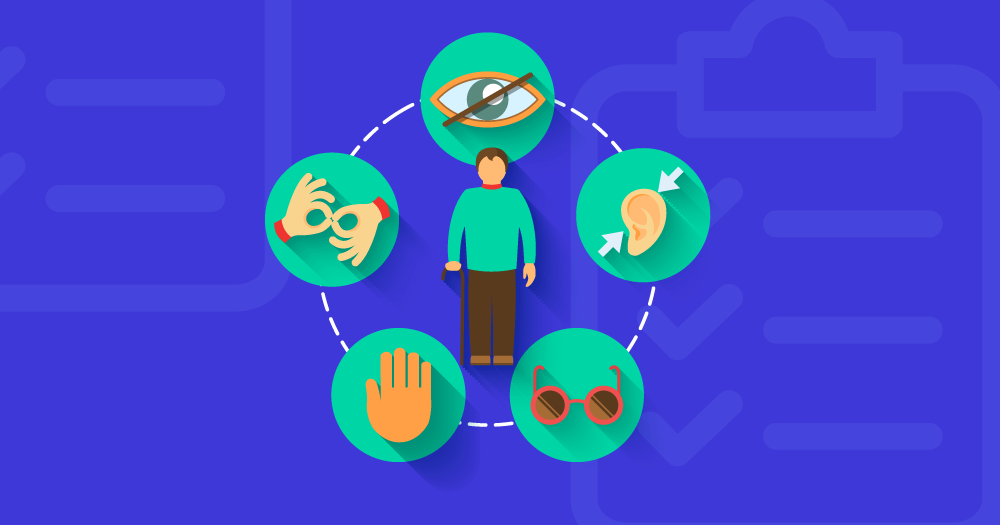To become a QA tester, follow these steps to build your skills and experience:
- Learn the Basics: Use free online resources and tutorials to understand the basics of software testing.
- Practice Testing: Test software applications or websites on your own or volunteer to help non-profit organizations with their testing needs.
- Join Communities: Participate in online and in-person testing communities to network with other testers and learn about tools, techniques, and best practices.
- Expand Your Knowledge: Read books and articles about software testing, including both classic and modern topics, to deepen your understanding.
- Learn Automation Testing: Study tools such as Selenium, Appium, or TestComplete, and practice creating automation scripts to boost your skills.
- Build a Portfolio: Showcase your testing skills with examples such as test plans, bug reports, and screenshots in a professional portfolio.
- Gain Experience: Apply for internships or entry-level roles in software testing, whether paid or unpaid, to get hands-on experience and work with a team.
What Qualifications Do I Need to be a QA Tester?
To become a QA tester, certain qualifications and skills can help you:
Educational Qualifications:
- Bachelor’s Degree (Optional): Degrees in Computer Science, Information Technology, or a related field are common but not always mandatory.
- Relevant Courses: Completing courses in software testing, programming, or quality assurance can help build foundational knowledge.
Skills and Knowledge:
- Understanding of Software Testing: Knowledge of testing fundamentals, SDLC, and methodologies (e.g., Agile, Waterfall).
- Technical Skills:
- Attention to Detail: Ability to identify issues and document them clearly.
- Problem-Solving Skills: Capability to analyze issues and suggest solutions.
Certifications (Optional but Recommended):
- ISTQB (International Software Testing Qualifications Board): Globally recognized and highly valued in the industry.
- CSTE (Certified Software Tester): Focuses on core testing concepts.
- Certified Agile Tester (CAT): For Agile environments.
Practical Experience:
- Internships, open-source contributions, or hands-on projects help demonstrate your skills.
- Creating a portfolio of test cases, bug reports, and automation scripts can set you apart.
Does a QA Tester Require Coding?
A QA tester does not always require coding, but it depends on the type of testing they perform:
Manual Testing:
- Coding is generally not required.
- Focuses on functional, exploratory, and usability testing by interacting with the application manually.
- Skills such as attention to detail, critical thinking, and understanding testing tools are more important.
Automation Testing:
- Coding knowledge is required.
- Involves writing test scripts using programming languages such as Python, Java, or JavaScript to automate repetitive tests.
- Familiarity with automation tools such as Selenium, Appium, or TestNG is crucial.
Performance Testing:
• Some coding knowledge is beneficial for customizing test scripts in tools such as JMeter or LoadRunner.
Specialized Testing (e.g., Security, API):
• Basic coding or scripting skills are often helpful for testing APIs (using tools such as Postman) or writing security scripts.







